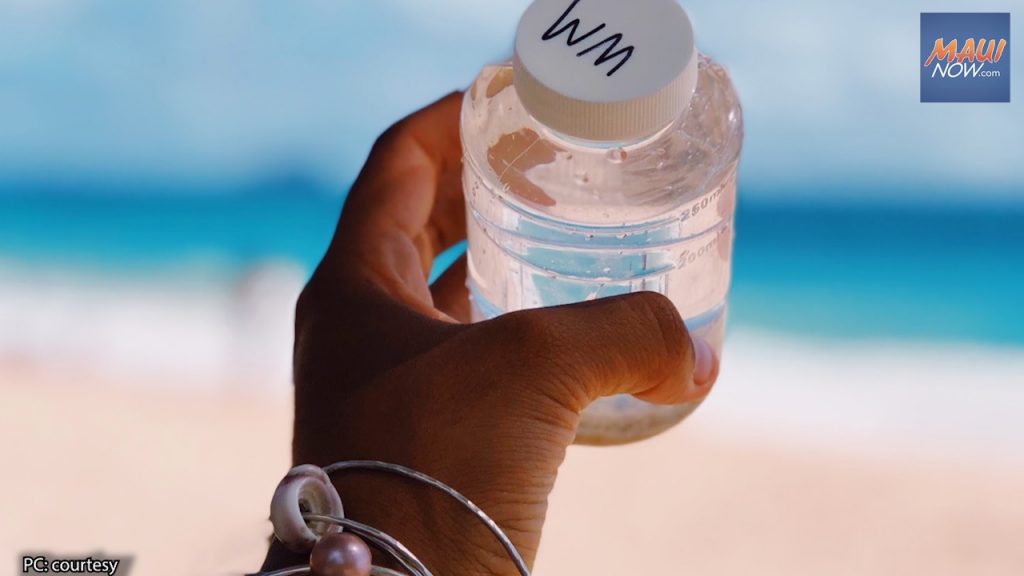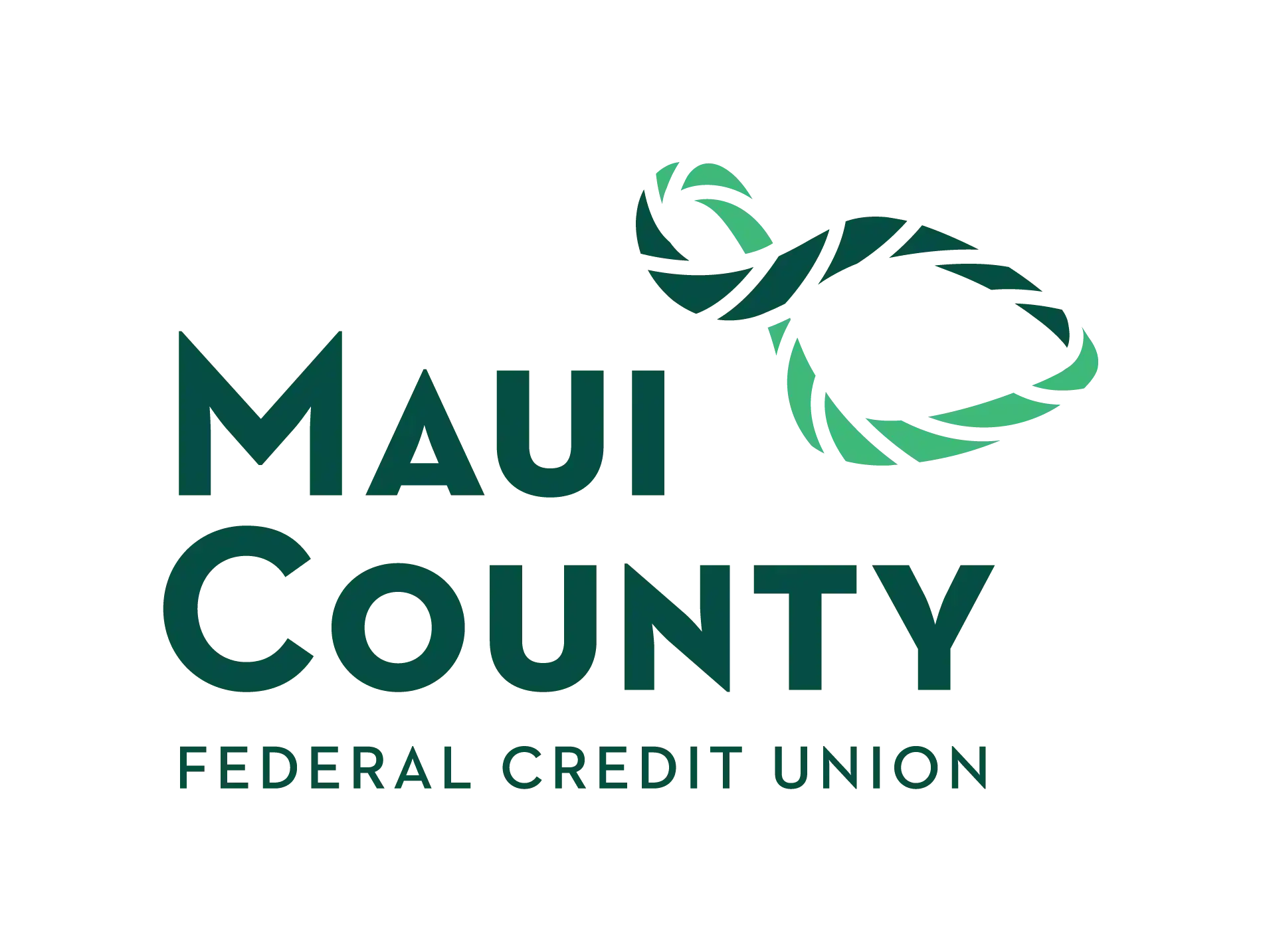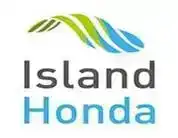Surfrider Foundation: tests show pollution concerns at Maliko Bay and Wailuku River
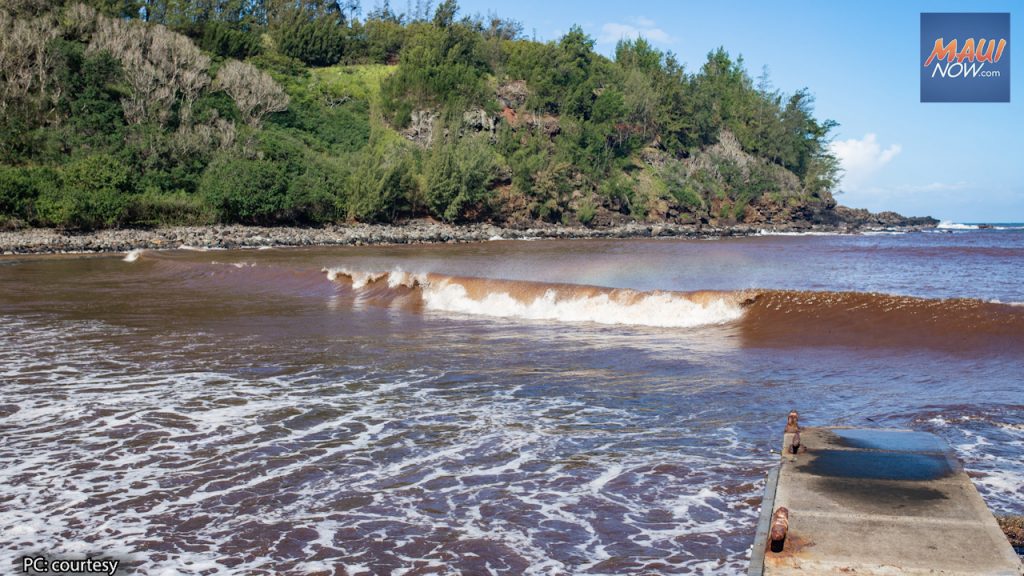
Surfrider Foundation’s Blue Water Task Force program released its annual water quality report for 2021. The citizen science water quality testing program found pollution concerns at two Maui sites.
Wailuku River and Maliko Bay sites had the highest number of samples exceeding state health standards, with 27% and 36% of their samples exceeding standards respectively, according to the report.
In 2021, trained BWTF volunteers sampled 17 sites monthly for the presence of Enterococcus, a fecal bacteria that indicates the presence of human or animal waste in the water. Elevated levels of Enterococcus increase the likelihood that other pathogens that can make people sick may be present, according to the organization.
Of the 17 sites regularly tested in 2021, five sites had at least one of its samples exceed the Beach Action Value for a single sample (130 Enterococcus forming units/100mL), including: Kahului Harbor, Kuiaha Bay in Paʻuwela, Waiehu Stream, Wailuku River, and Maliko Bay.

High bacterial counts indicate the presence of human or animal waste in these waters, which may threaten public health, according to the report. The Surfrider Foundation says the data is also important in identifying chronically polluted sites that should continue to be prioritized for ongoing monitoring, as well as potential investigation on behalf of the Department of Health.
“For example, Māliko Bay is located downstream of a Priority 1 Cesspool area (Upcountry), meaning that there is known wastewater contamination. Wailuku also has a high concentration of coastal cesspools . The chronic pollution documented at these sites by the BWTF indicates the potential impact of sewage pollution in these areas,” according to a press release issued by the Surfrider Foundation.
“Our data indicates that coastal cesspools are likely contributing to high bacteria readings in certain areas of the island,” said Greg Masessa, Coordinator of the Maui Blue Water Task Force. “In addition, large storms can contribute to elevated bacteria levels in coastal areas as flowing streams wash everything from upstream – pollutants, bacteria, nutrients, pesticides – into the ocean.”
Four of the BWTF sites with chronically high bacteria readings in 2021 are additionally located at the mouth of streams or rivers.
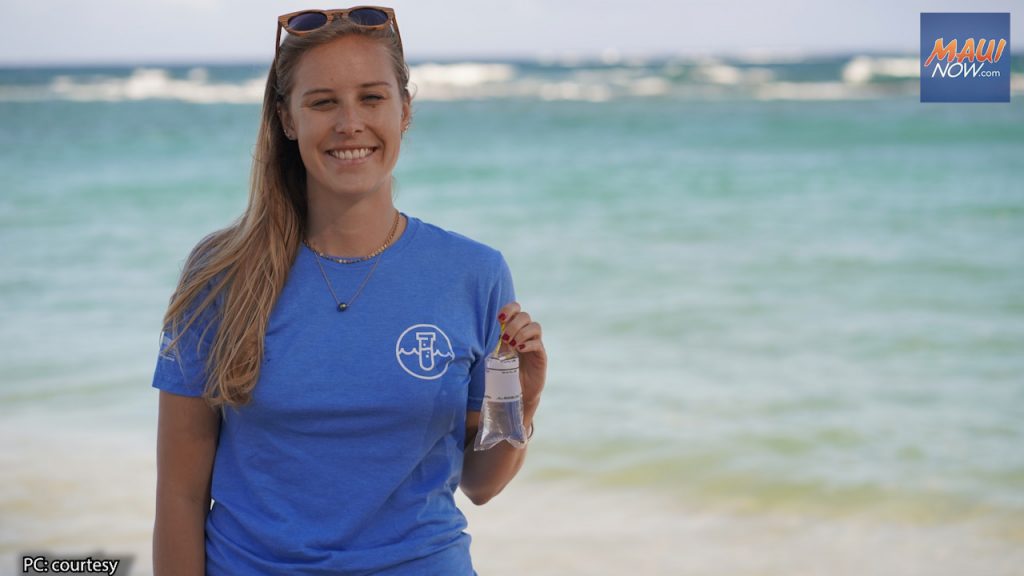
“Chronic pollution at these sites may therefore also be attributed to land-based runoff from upland areas that is carried by freshwater streams and released into the ocean. Families, ocean users, and the public should be aware of the poor water quality conditions in these freshwater flows and seek to avoid them. The public should be particularly aware after heavy rain events that lead to increased runoff and can prompt Brown Water Advisories. Even if you do not see a public notice posted, avoid brown water until conditions clear,” the organization reports.
“We strongly recommend that the public stay out of the water if it is brown. The brown water indicates runoff from upslope areas and we often find elevated bacteria levels,” said Masessa.
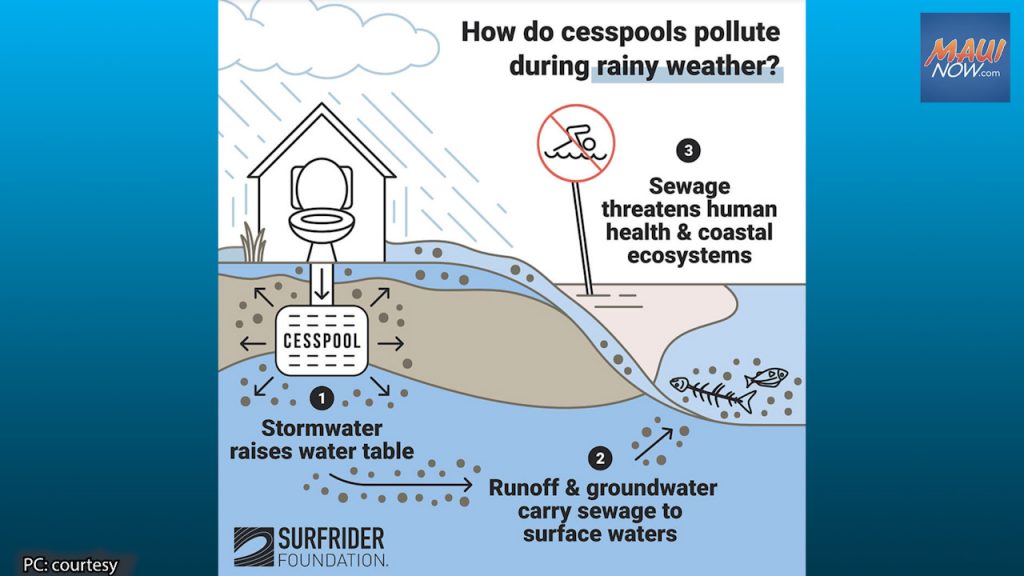
As part of its recently launched STOP Sewage Pollution program, Surfrider Foundation encourages homeowners with cesspools to convert their wastewater systems.
“For homes or businesses that utilize cesspools, all the water that goes down the drain is stored in an underground pit. The wastewater then leeches slowly back into the ground, without treatment. This untreated sewage contributes to high nitrogen levels in ground and surface waters, and can contain pathogens that can make people sick,” according to the organization.
As a result, the State of Hawaiʻi passed Act 120 in 2016 that bans the construction of new cesspools. The following year, Hawaiʻi passed Act 125 mandating the upgrade of all existing cesspools by 2050. Surfrider Foundation is encouraging the passage of Senate Bill 2995/House Bill 1805 that require cesspools to be converted within 12 months after a property is sold.
“Converting your cesspool is the number one way that homeowners can help improve coastal water quality across the islands,” said Lauren Blickley, Hawaiʻi Regional Manager for Surfrider Foundation. “New and cheaper technologies for toilets and human waste management are quickly improving, and partner nonprofit WAI (Wastewater Alternatives and Innovations) works directly with homeowners to navigate the process of cesspool conversion.”
The Surfrider Foundation, Maui Chapter launched its BWTF program in 2017. The water quality information generated by the BWTF augments the data that the HDOH provides through its beach water quality monitoring program.
HDOH services test only a specific number of beaches on Maui, primarily those with lifeguards and in popular tourist areas, while the BWTF covers a variety of areas popular with recreational users including surf spots and local bathing beaches.
The Maui Chapter volunteers collect samples on the first Saturday of each month. In 2021, the samples were processed at the University of Hawaiʻi Maui College in coordination with Professor Donna Brown. Levels of fecal indicator bacteria are measured in recreational waters and are published online on the day following testing.
Community members are encouraged to check water quality results posted online before they head to the beach at https://bwtf.surfrider.org/explore/51.
